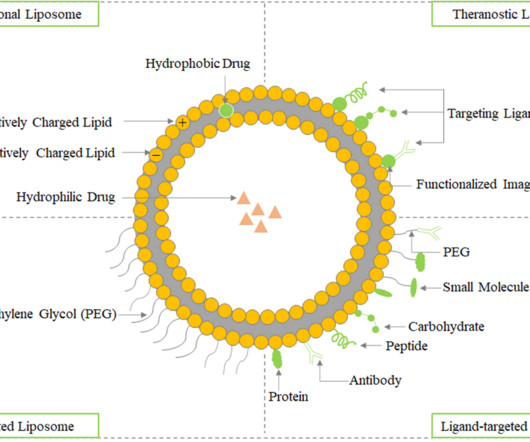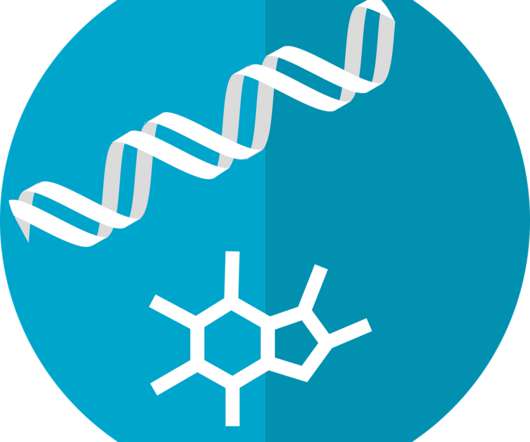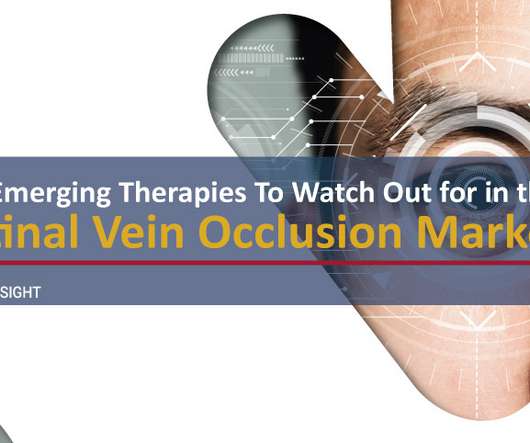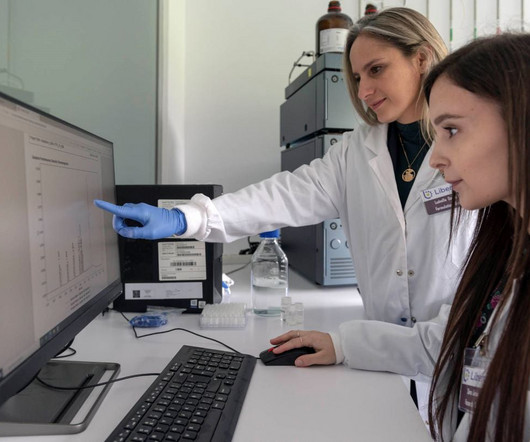New Frontiers in Cancer Therapies: Focus on Transcription Factors, GTPases, Phosphatases and GPCRs, 2018-2030
Roots Analysis
FEBRUARY 26, 2024
However, certain biological targets have long eluded drug development efforts. Scientific literature suggests that the RAS gene is mutated across about 30% of cancer types. As a result, novel product development opportunities have emerged and are likely to benefit both drug developers and investors alike.















Let's personalize your content